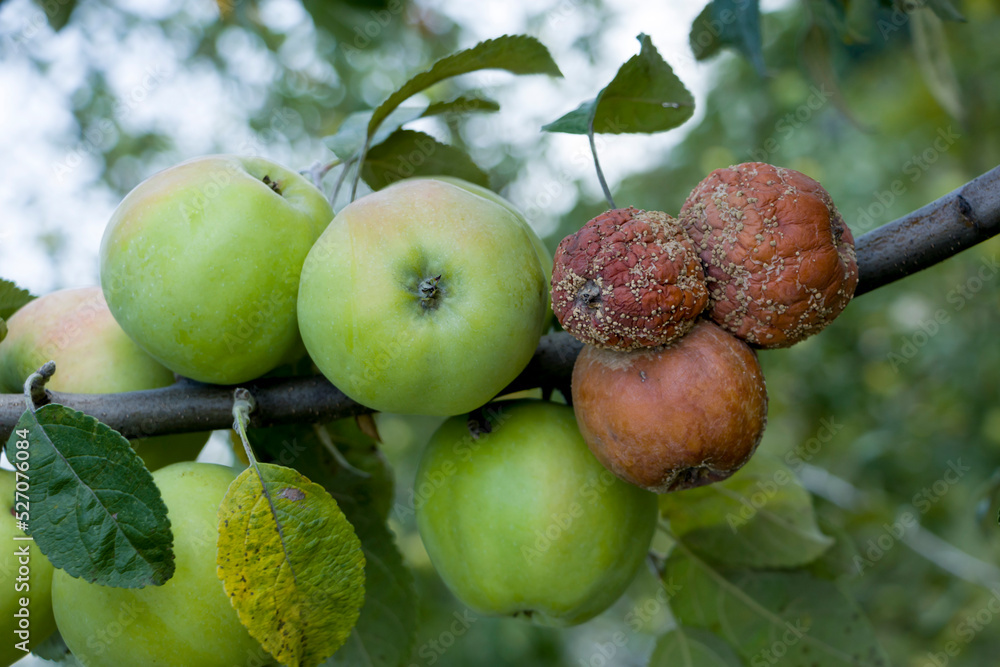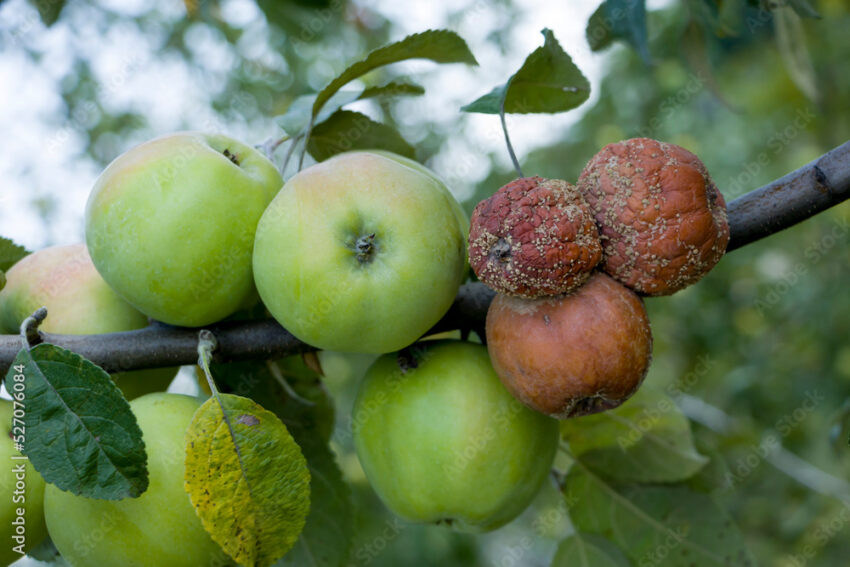
Does Undigested Food Rot in Your Gut? Separating Fact from Fiction
The question of whether undigested food rots in your gut is a common concern, often fueled by misconceptions about digestion and gut health. Many people worry that if food isn’t fully broken down, it can stagnate, decay, and release harmful toxins into the body. This article aims to dissect this notion, examining the science behind digestion, what happens to undigested food, and debunking common myths surrounding food rotting in the digestive system.
Understanding the Digestive Process
To understand why undigested food is unlikely to rot in your gut, it’s crucial to grasp the basics of the digestive process. Digestion is a complex, multi-stage process designed to break down food into smaller molecules that the body can absorb and use for energy, growth, and repair. The process begins in the mouth with chewing and the action of saliva, which contains enzymes that start breaking down carbohydrates.
From the mouth, food travels down the esophagus to the stomach, where it mixes with gastric juices containing hydrochloric acid and enzymes like pepsin. This highly acidic environment further breaks down food, particularly proteins. The stomach churns the food into a semi-liquid mixture called chyme.
Next, chyme enters the small intestine, where the majority of nutrient absorption occurs. The pancreas releases enzymes to digest carbohydrates, fats, and proteins. Bile from the liver helps to emulsify fats, making them easier to absorb. The walls of the small intestine are lined with villi and microvilli, which increase the surface area for absorption. Nutrients are absorbed into the bloodstream and transported to cells throughout the body.
Finally, the remaining undigested food and waste products move into the large intestine (colon). Here, water and electrolytes are absorbed, and bacteria ferment the remaining material. This fermentation process produces gases and short-chain fatty acids, which are beneficial for gut health. The solid waste is then eliminated from the body as feces.
What Happens to Undigested Food?
While the digestive system is highly efficient, some food components may remain undigested. This isn’t necessarily a cause for alarm. Common examples include:
- Fiber: Dietary fiber, found in fruits, vegetables, and whole grains, is largely undigested by the body. This is because humans lack the enzymes needed to break down the complex carbohydrates that make up fiber. Instead, fiber passes into the large intestine, where it is fermented by gut bacteria. This fermentation process is beneficial, producing short-chain fatty acids that nourish the gut lining and promote a healthy gut microbiome.
- Cellulose: Similar to fiber, cellulose is a structural component of plant cell walls and is resistant to digestion. It adds bulk to the stool and helps promote regular bowel movements.
- Resistant Starch: This type of starch resists digestion in the small intestine and passes into the large intestine, where it is fermented by gut bacteria, similar to fiber.
- Certain Fats: In some cases, fats may not be fully digested, particularly if the gallbladder is not functioning optimally or if a person consumes a very high-fat meal. This can lead to fat malabsorption, which may manifest as oily stools.
The idea of undigested food rotting in the gut is a misconception. The digestive system is designed to move food along at a rate that prevents significant decay. The presence of stomach acid, digestive enzymes, and the continuous movement of food through the digestive tract all contribute to preventing food from rotting. Additionally, the gut microbiome, a complex community of bacteria, archaea, fungi, and viruses, plays a crucial role in breaking down undigested food and preventing the growth of harmful bacteria that could cause decay.
Debunking the Myth of Food Rotting
The belief that undigested food rots in the gut often stems from a misunderstanding of how decay occurs. Decay, or putrefaction, is the process by which organic matter breaks down due to the action of bacteria and fungi. This process typically occurs in the presence of oxygen and at temperatures lower than body temperature. Inside the digestive system, the conditions are very different.
- Lack of Oxygen: The gut is primarily an anaerobic environment, meaning it has very little oxygen. Decay requires oxygen, so the absence of oxygen inhibits the putrefaction process.
- Body Temperature: The human body maintains a constant temperature of around 98.6°F (37°C). This temperature is too high for many decay-causing bacteria and fungi to thrive.
- Digestive Juices: The presence of stomach acid, bile, and digestive enzymes creates an environment that is hostile to many microorganisms that cause decay.
- Peristalsis: Peristalsis, the rhythmic contractions of the digestive tract muscles, moves food along the digestive system, preventing it from stagnating and decaying.
Signs of Poor Digestion vs. Food Rotting
While food rotting is unlikely, some symptoms may indicate poor digestion. It’s important to differentiate between these symptoms and the misconception of food rotting. Symptoms of poor digestion can include:
- Bloating: Excessive gas production in the gut can lead to bloating. This is often caused by the fermentation of undigested carbohydrates by gut bacteria.
- Gas: Similar to bloating, excessive gas is a common symptom of poor digestion. It can be caused by the fermentation of undigested food, particularly fiber and certain sugars.
- Constipation: Difficulty passing stool can be a sign of slow digestion or inadequate fiber intake.
- Diarrhea: Loose, watery stools can indicate rapid digestion or malabsorption of nutrients.
- Abdominal Pain: Cramping or discomfort in the abdomen can be a sign of digestive issues.
- Heartburn: A burning sensation in the chest, often caused by stomach acid refluxing into the esophagus.
- Nausea: A feeling of sickness or discomfort in the stomach.
If you experience these symptoms frequently, it’s important to consult a healthcare professional to rule out any underlying digestive disorders.
Factors Affecting Digestion
Several factors can affect the efficiency of digestion, including:
- Diet: A diet high in processed foods, refined sugars, and unhealthy fats can impair digestion. A diet rich in fiber, fruits, vegetables, and whole grains promotes healthy digestion.
- Hydration: Adequate water intake is essential for proper digestion. Water helps to soften stool and prevent constipation.
- Stress: Stress can negatively impact digestion by altering gut motility and increasing inflammation.
- Medications: Certain medications, such as antibiotics, can disrupt the gut microbiome and impair digestion.
- Underlying Conditions: Digestive disorders such as irritable bowel syndrome (IBS), Crohn’s disease, and ulcerative colitis can significantly affect digestion. [See also: IBS Management Strategies]
- Enzyme Deficiencies: Lactose intolerance, for example, is caused by a deficiency in the enzyme lactase, which is needed to digest lactose (milk sugar). This can lead to undigested lactose fermenting in the gut, causing bloating, gas, and diarrhea.
Tips for Improving Digestion
Here are some tips for improving digestion and promoting a healthy gut:
- Eat a Balanced Diet: Focus on whole, unprocessed foods, including plenty of fruits, vegetables, whole grains, and lean protein.
- Stay Hydrated: Drink plenty of water throughout the day.
- Eat Slowly and Mindfully: Chewing food thoroughly aids digestion.
- Manage Stress: Practice stress-reducing techniques such as yoga, meditation, or deep breathing.
- Consider Probiotics: Probiotics can help to restore a healthy gut microbiome. [See also: Benefits of Probiotics]
- Limit Processed Foods: Processed foods are often low in fiber and high in unhealthy fats and sugars, which can impair digestion.
- Identify Food Sensitivities: If you suspect you have a food sensitivity, consider working with a healthcare professional to identify and eliminate trigger foods.
Conclusion
The idea of undigested food rotting in your gut is largely a myth. While some food components may remain undigested, the digestive system is designed to prevent decay and promote the absorption of nutrients. Factors such as stomach acid, digestive enzymes, peristalsis, and the gut microbiome all contribute to a healthy digestive process. If you experience symptoms of poor digestion, consult a healthcare professional to rule out any underlying conditions and develop a personalized plan for improving your gut health. Focus on a balanced diet, adequate hydration, stress management, and potentially incorporating probiotics to support optimal digestion and overall well-being. Remember, a healthy gut is essential for overall health, and understanding the truth about undigested food is a crucial step in achieving that goal.
